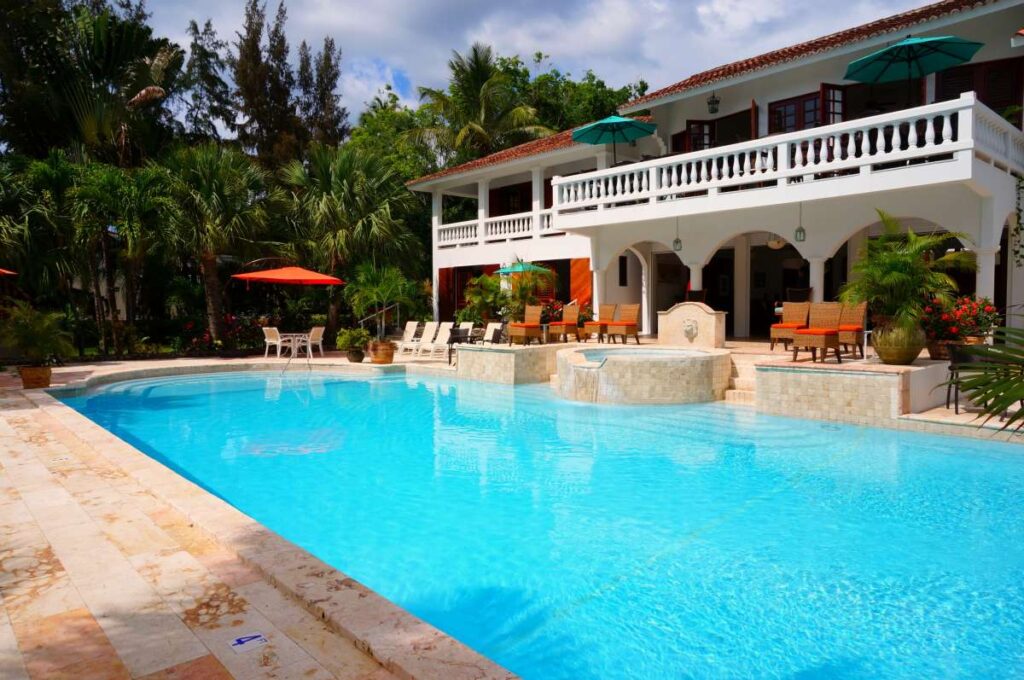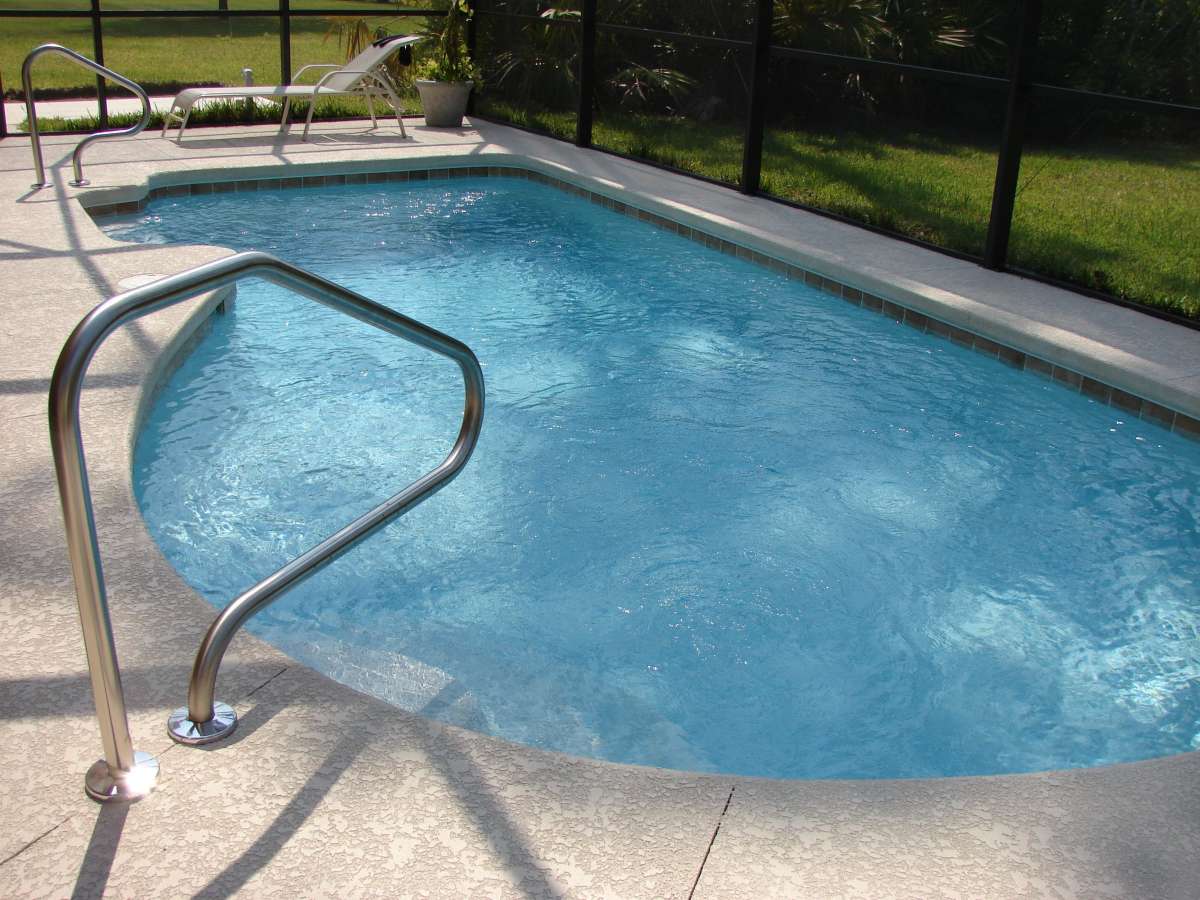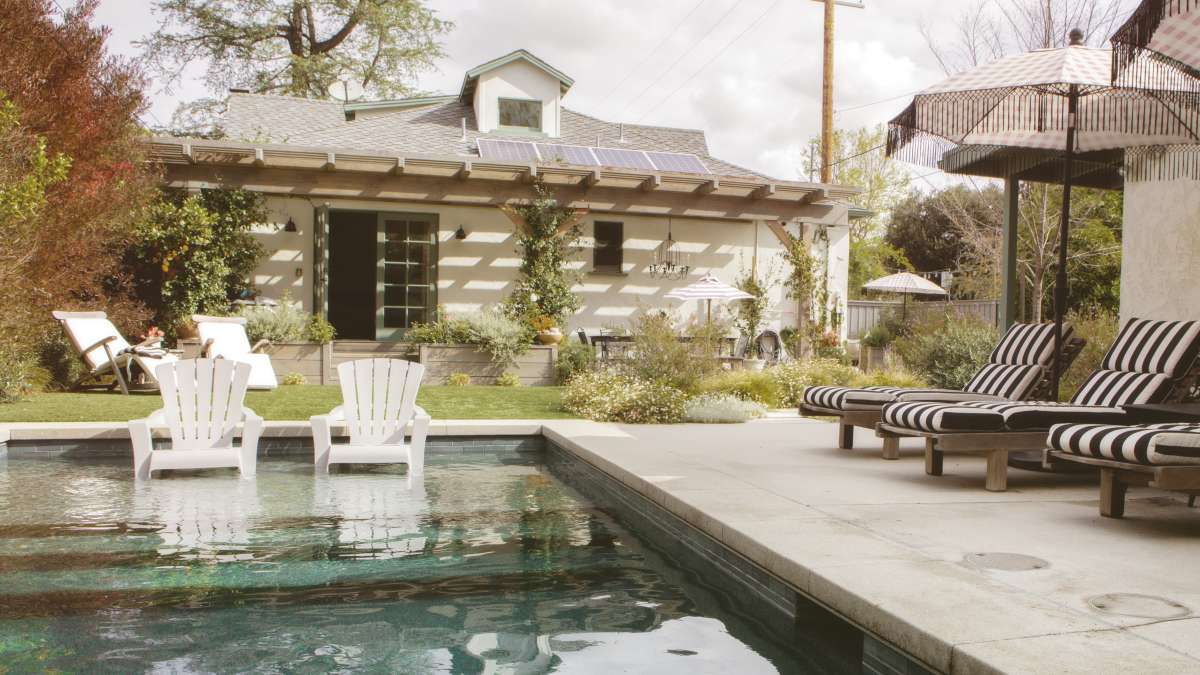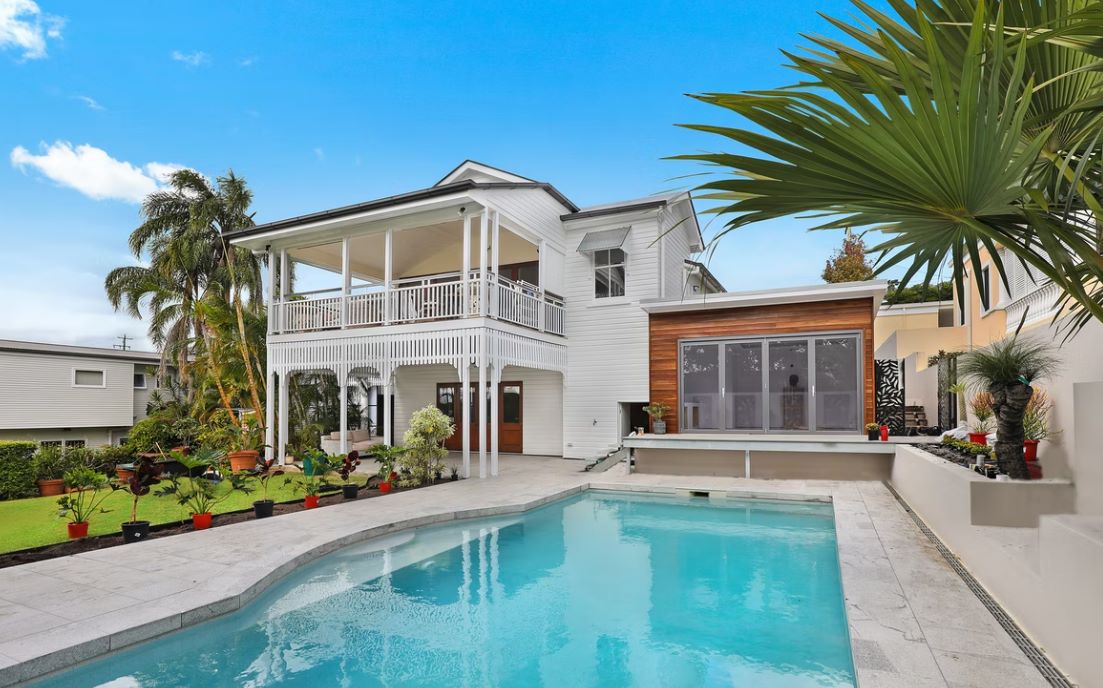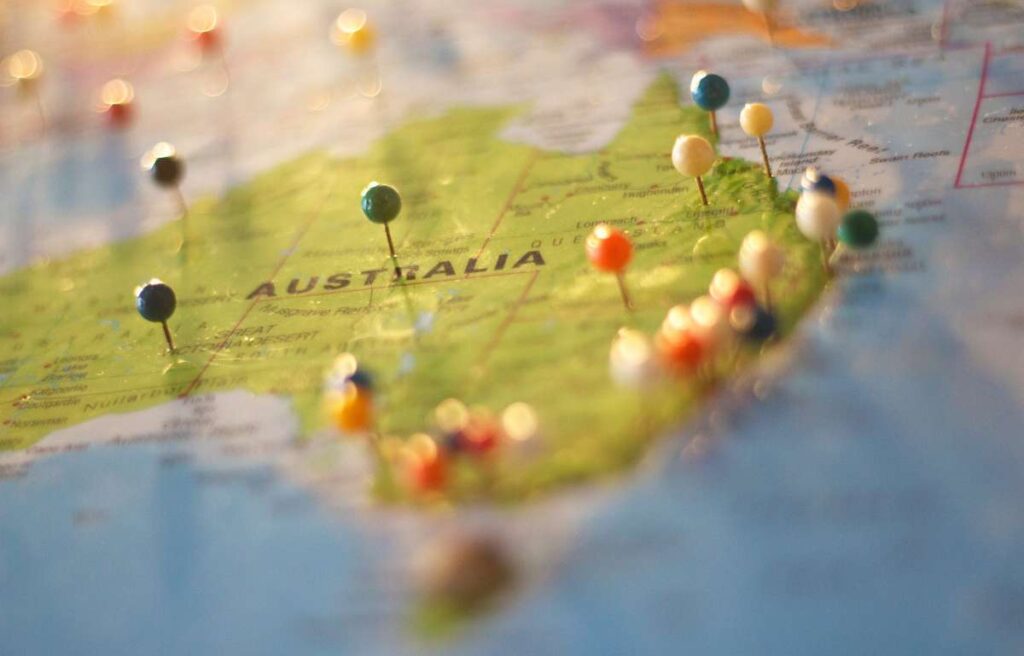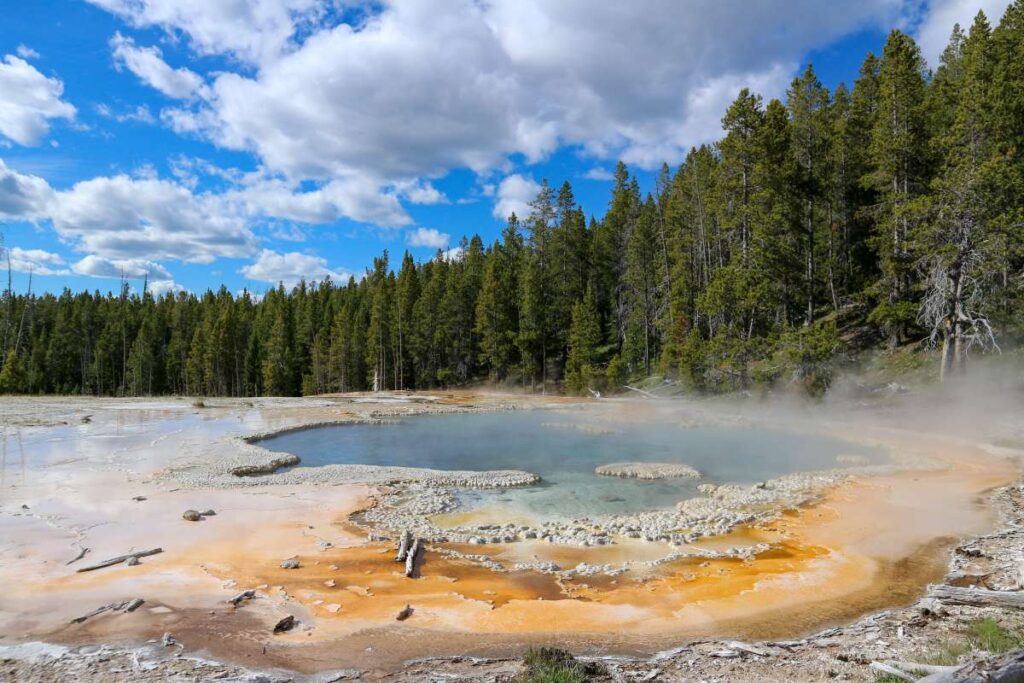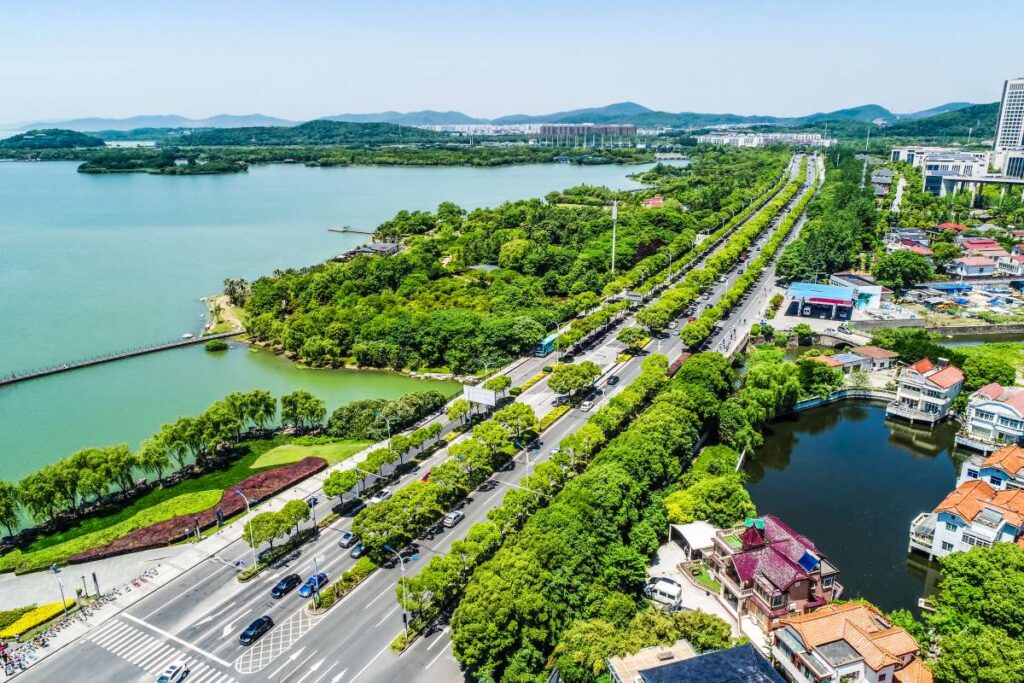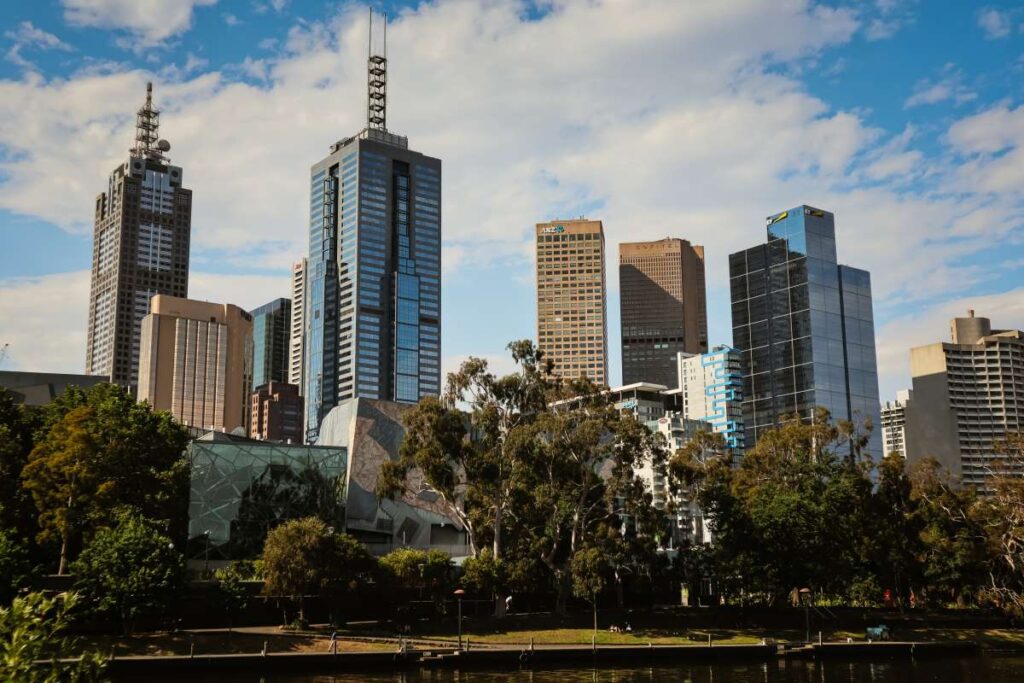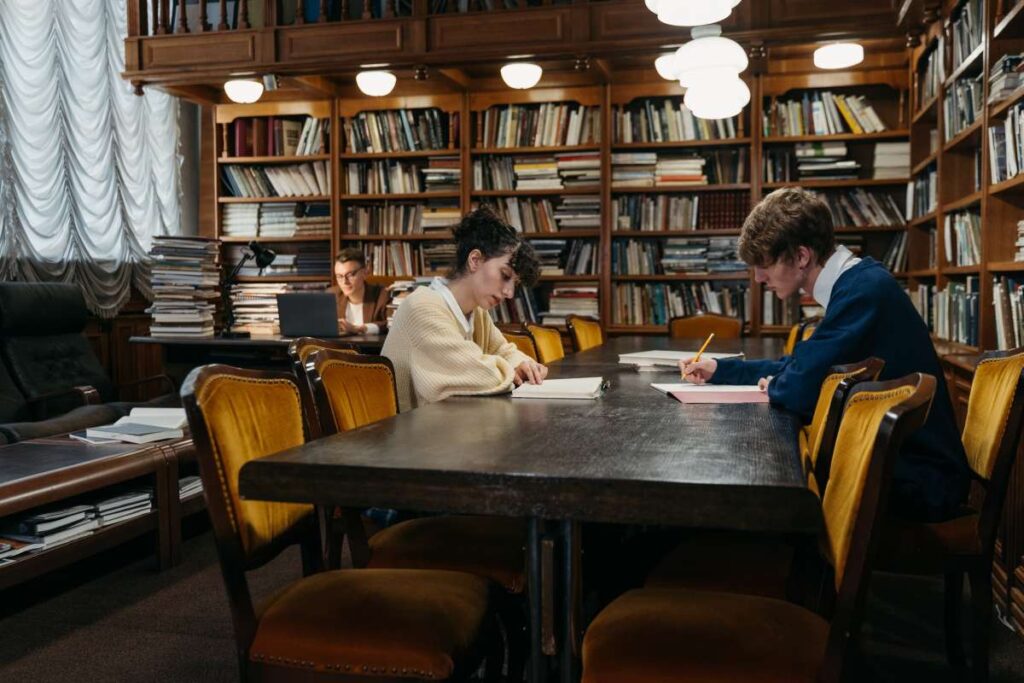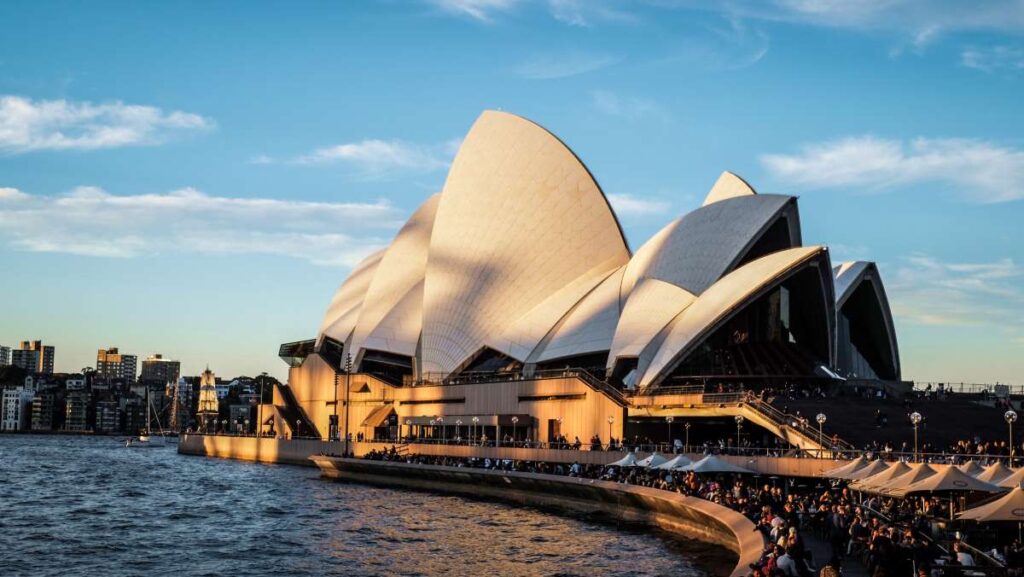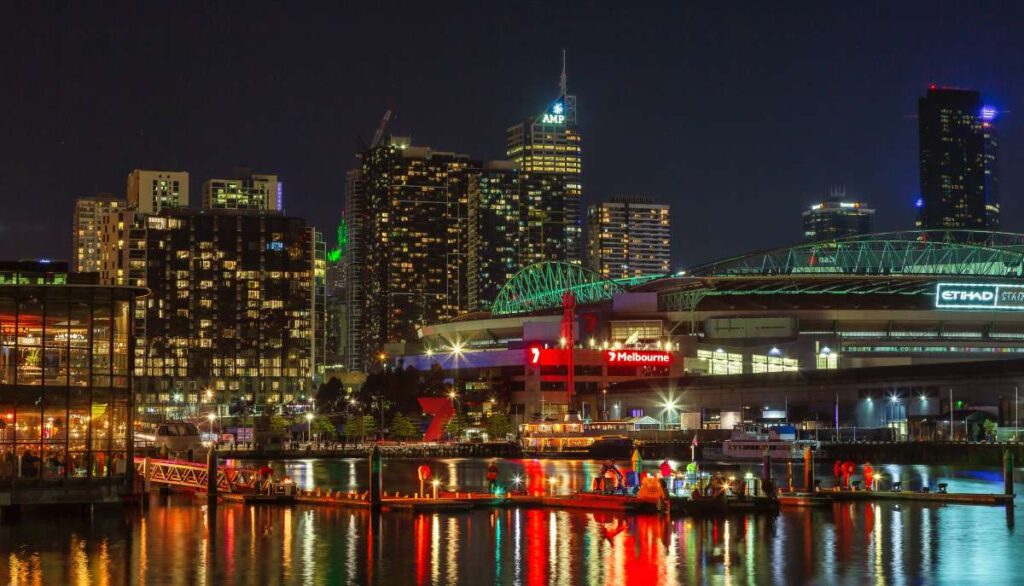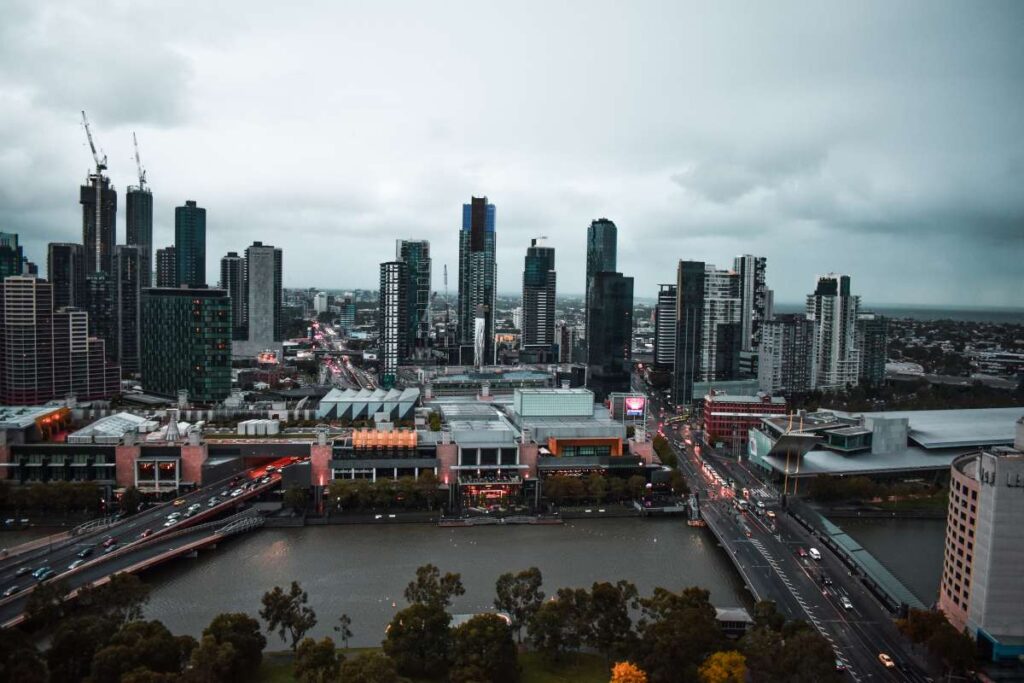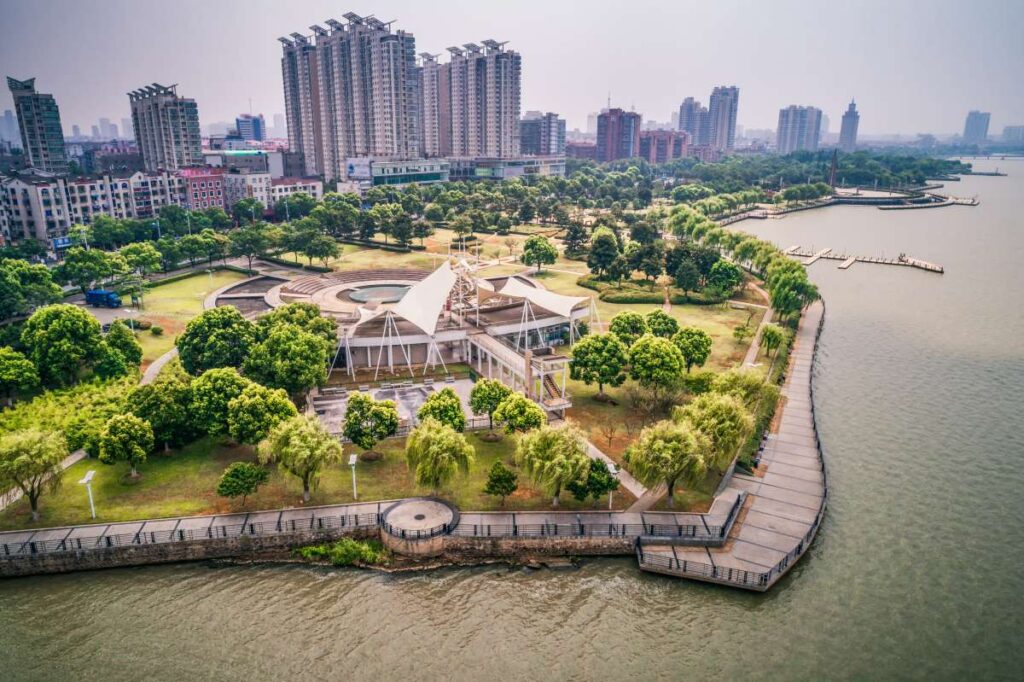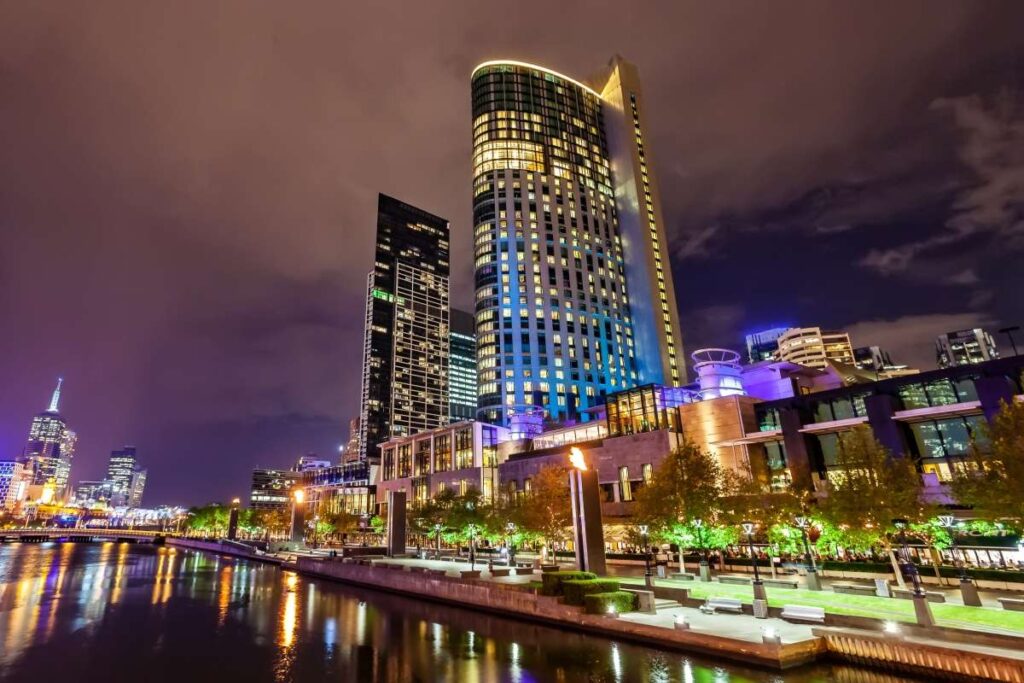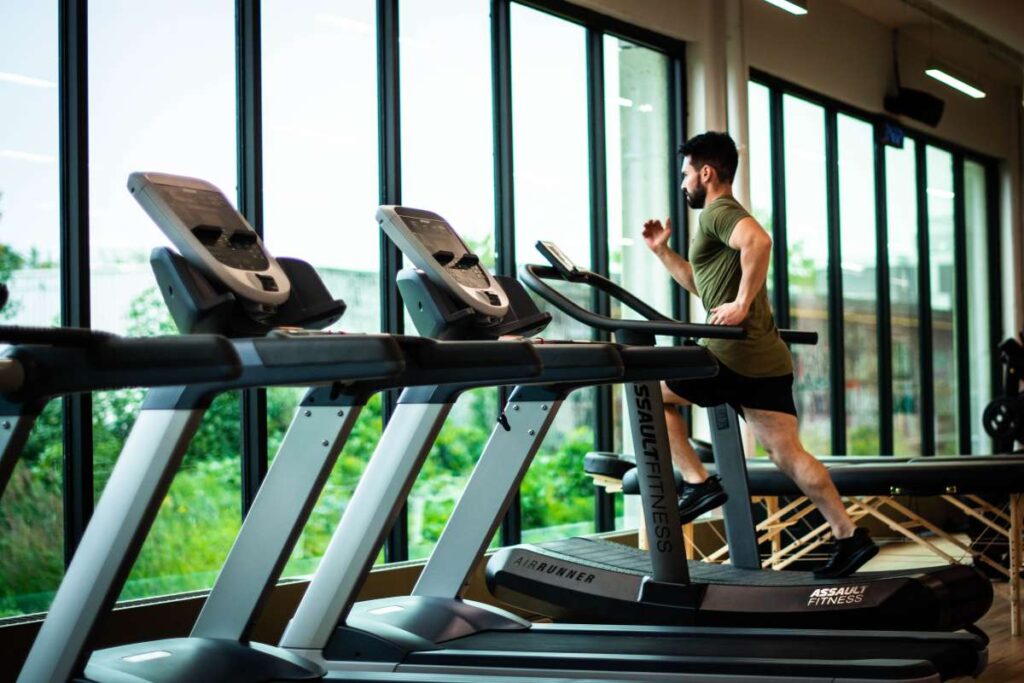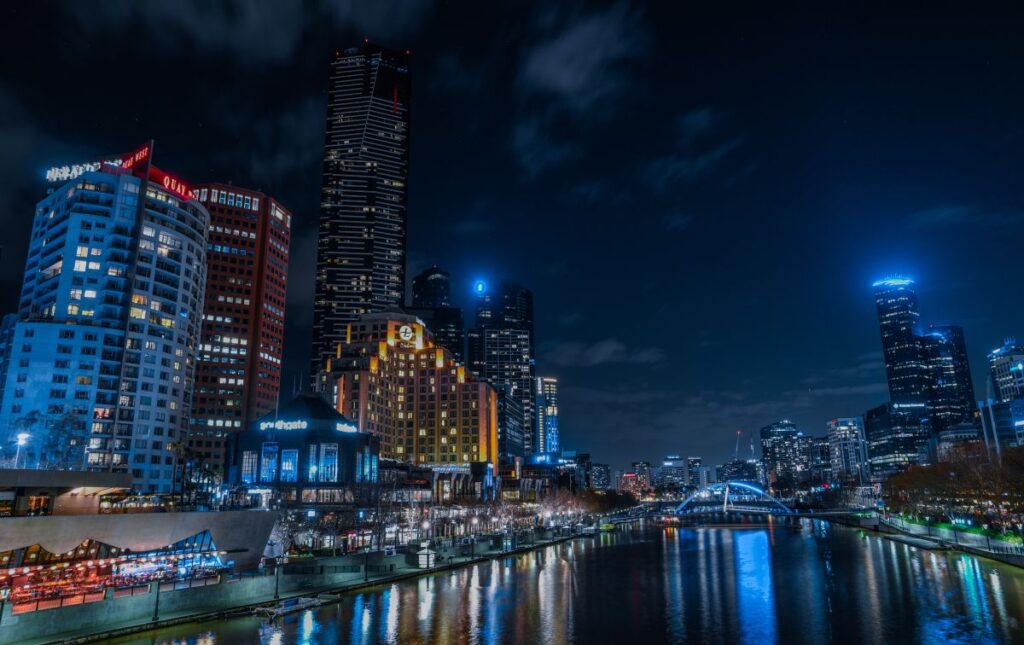Homes in Melbourne often have swimming pools for their residents to use. Having a pool on your property can be a lot of fun for you and your guests, whether you're hosting a party or just hanging out.
You may enhance your health and fitness while also increasing the value of your Melbourne home by installing a swimming pool. Don't just run out and purchase a pool, however; first, you should read up on the subject. It's important to pay great attention to every aspect so that you may get the most out of your pool and enjoy it for many years to come, given the hefty initial expenditure.
While the price of land continues to rise in Melbourne and other Australian cities, many residents are still choosing to construct bigger dwellings. Thus, individuals may have to postpone fulfilling a longtime dream of having a swimming pool built into their backyards due to space constraints.
However, we argue that you are mistaken. You can still get your pool in even if you just have a little yard. Nonetheless, this does not mean that shoddy craftsmanship or an unappealing layout are acceptable alternatives. Keeping a backyard pool in Melbourne is a popular hobby for many families.
No matter the size of the home, a swimming pool is always a welcome addition. The park is a wonderful place for families to spend time together, whether they like to play games, run about, or just converse. Celebrating the holidays in style by assembling family and friends around the pool is a great idea. If you're looking to decompress, this is a fantastic place to go for a swim or float about on your own.
Swimming pools are a great way to get some exercise, whether you're in Melbourne or somewhere else. This is a fantastic method to ensure your bodily well-being. Pool exercises, like swimming, are gentle enough for the elderly or those with problems to the joints to do regularly.
However, a smaller swimming pool still demands a considerable investment, although one that is less than that necessary for a larger pool. That's why you should take the time to research the numerous options for tiny swimming pools in Melbourne, particularly those that may be accommodated by tight backyard spaces.
This is an extensive resource for finding Melbourne's top small-area pools. We'll also fill you in on the particulars of small pools so you can go on with your own DIY project with confidence.
Anyone planning to build a pool in Melbourne, Australia should read the following materials carefully.
Melbourne's Pool Safety Regulations And Planning
Victoria, like the other Australian states and territories, has its own set of construction requirements that must be followed if you want to construct a swimming pool in the city.
A pool area must be completely separated from the rest of your property by a safety barrier or fence that is at least 1.2 metres in height. You should never prop open the pool gates, so make sure they close and lock automatically. There should also be no obstacles within a child's reach of the safety barriers, so that they can't use them as a stepping stone to go over them.
It's important to choose a reliable pool builder in Melbourne if you plan on constructing a pool. Pools in Victoria may only be built by contractors who are licensed by the state's Building Authority. Before the construction of your pool can begin, you and the contractor must enter into a residential building agreement.
Additionally, a building permit issued by a certified building surveyor must precede the start of your pool's construction. A private surveyor may be hired, or the municipal building surveyor can be requested via the local council. No matter who builds the pool or the safety fence, the permit must provide coverage for both.
After construction on your pool is complete, a final inspection by a building surveyor is required before you may start using it.
FAQs About Melbourne
More than 90 per cent of owners think their swimming pool adds value to their home, but in some cases, it can do the opposite. AUSTRALIA boasts 1.2 million household swimming pools, the world's highest per capita rate of pool ownership.
The cost of pool maintenance. According to HiPages, Australians spend about $1000 to $1400 or more on pool maintenance per year. Your pool could cost up to $1200 per year, depending on how long it runs for each day.
For many families, having a pool is a lifestyle choice that they can't do without, so the cost and time spent on maintenance are well worth it. Make your pool something special, with great design, water features, lighting and a great entertaining area.
Home swimming pools are a great amenity. A pool can be a wonderful addition to any house if it is set up properly and its surroundings are given enough attention in design and landscaping.
Having a swimming pool is advantageous in many ways. In addition to these benefits, regular pool use may boost your fitness. Swimming is a popular pastime among people of all ages. The results are an increase in muscular and cardiovascular fitness. Similar to running, swimming is a fantastic cardiovascular and respiratory workout.
What Types Of Pools Are Best For Melbourne's Climate?
Melbourne's weather is so unpredictable that the city has earned the nickname "four seasons in one day." Storms and high winds are possible year-round; however, they tend to occur more often in the spring and summer. There are times when the weather takes a turn for the worse, with a rapid decrease in temperature bringing with it rain, wind, and thunderstorms.
In this climate, consistent use of the pool throughout the year necessitates the installation of a reliable pool heating system. Most Melbourne pools feature solar heating systems, however during the colder months it might be helpful to connect them to other heating sources like electric or gas in case there isn't enough sunshine to generate enough solar electricity.
The city of Melbourne is likewise vulnerable to earthquakes. In most cases, they are not too severe, but you still need to ensure that your pool is built with a sturdy material that won't give way to the effects of earthquakes.
In Melbourne, concrete and fibreglass are the two most common materials for swimming pools. Both are very sturdy materials that can withstand the wear and tear of time as well as the tremors of the earth. While certain materials may seem better than others at first glance, every material has its own set of pros and cons.
Concrete Pools
When compared to other pool materials, concrete pools are very flexible and can be moulded into almost any design. Since they're constructed entirely from scratch in your own backyard, you may have a say in every aspect of their look and feel. The construction procedure, however, is intricate and might take many months.
In addition to being the costliest, concrete is often used to build swimming pools. A concrete pool requires more labour during construction and then further labour thereafter to be lined with tiles or stones.
The cost of upkeep is also a major factor. Keeping a concrete pool free of algae is a herculean task. As a result, you'll need to devote time each week to sanitising and repairing your pool.
However, concrete has been used successfully for decades to construct swimming pools in Melbourne. Providing your price allows, it is a fantastic all-around option due to its resistance to weather extremes.
Fibreglass Pools
In recent years, fibreglass pools have skyrocketed in popularity in Melbourne. As a result of recent innovations in construction methods, Compass is now able to use ceramic core technology in the creation of its fibreglass composite pools. These elements provide resilience to our pools, and they have been demonstrated to withstand major earthquakes around Australia and New Zealand, including the catastrophic Christchurch quake in 2011.
In addition to being very low-upkeep, fibreglass pools prevent the formation of algae and bacteria and may have automated cleaning systems installed. Due to this, maintenance takes almost little effort or time.
The most major disadvantage of these pools is the need to plan ahead and acquire the fibreglass pool shells. As a result, you will be restricted to choose a pool from a collection of standard sizes and designs rather than creating a custom pool to fit your property.
Thanks to our pool customisation choices, this is no longer a major issue. We can connect your pool to a spa, build a lap pool to your exact specifications, create a wading area or beach, and elevate your fibreglass pool above the ground to provide the illusion of a negative edge or an infinity pool.
One advantage of a fibreglass pool is how easy it is to install. In most cases, you can expect your pool to be ready for use within a few weeks after construction has begun.
Concrete Vs. Fibreglass
These are the two main components of each new pool. While the off-site construction and delivery of a ready-to-install fibreglass pool makes for a lower price tag, it also limits the pool's aesthetic potential. Concrete pools are inherently luxury, and they also provide additional design flexibility in terms of surface treatment, pool form, and decorative features.
However, that's not the whole story. Because of the difficulty of reaching certain properties, fibreglass pools aren't an option for many homeowners. As smaller lots have become more common, architects have had to rethink how pools should be laid out to accommodate them. When room is at a premium in a small yard, we may construct the pool right up to the edge, however this may need additional groundwork to prevent the pool from sinking in.
Most Popular Designs For Pools In Melbourne?
In Melbourne, there is a wide range of pool types available to accommodate a wide range of backyards and preferences. The typical suburban household prefers a family pool since it provides a wide space for swimming and activities, as well as several safety features and lounging spots, allowing parents to take a break whenever they feel the need.
Plunge pools are popular among singles and couples in urban and suburban core areas. The typical size of these pools is under 3 metres by 2 metres, making them ideal for homes with little outside space without sacrificing swimming and lounging rooms.
But if your backyard isn't huge, a lap pool might still be the best option. Because of their length and limited width, these pools are perfect for serious swimmers who need a lengthy, uninterrupted stretch of water to complete their laps.
Melbourne also has a growing trend of combined pools and spas. There is also a spa area with hydrotherapy jets, so you may enjoy the benefits of both the pool and the spa whenever you choose. You may take advantage of hydrotherapy treatments while your partner relaxes in the spa, or vice versa. What's more, the pool and spa can be set up in a variety of ways, making for a flexible and visually striking design that serves as the ideal focal point in your outdoor space.
Exactly How Small Is A Small Pool
A clear understanding of what constitutes a small pool in the swimming pool business is important. In this method, you may determine whether or not the area you've set aside is enough for a small pool, and whether it is really a tiny pool.
An eight-by-four-metre pool is the maximum size we would consider for a residential pool. A pool of average size would be more than four metres in width and up to eleven metres in length. Naturally, larger pools would be larger.
The typical size of a fibreglass pool is between 12 and 5 metres in length and width. Considering the fact that they will be sent straight to your home, they must be appropriately sized. Some businesses may construct fibreglass pools of very enormous or lengthy dimensions.
For instance, Compass Pools Australia came up with a way to connect separate pools using a special connection system, allowing for the creation of fibreglass lap pools that are up to 30 metres in length. Larger and more elaborate pools are possible with concrete pools or vinyl liner pools that may be fabricated to your specifications. Because work is being done in your own backyard. However, they are more labor-intensive to construct and install, and produce more debris during construction.
You may choose between a linear design and a more freeform shape for your tiny pool. Both may be optimal solutions depending on your objectives. While a linear pool may make the most of its surrounding space, a freeform pool's curves reduce the amount of usable swimming area.
You'll want to use every square centimetre of your patio for your tables, chairs, and other patio equipment. In this case, freeform curves provide the additional patio area you need.
Pros And Cons Of Small Pools
A smaller pool doesn't mean you have to give up all the perks of having one.
- Private socialisation area. There's enough room for all of your friends and family to come over and have a good time.
- Decorations and fountains. Those who would like to take it easy without getting wet may make use of sunbathing ledges and bench seating to take in the scenery. You may customise your pool with the works, from deck jets and cascades to underwater lighting and even a magnificent waterfall! Saltwater chlorinators, heat pumps, and other useful add-ons for swimming pools are universally applicable. A modest pool renovation might help you realise your ideals.
- Maintenance is reduced. Maintaining a small pool is less time-consuming than a larger one since there is less space to inspect and clean. Consequently, there is much less water to be filtered and checked for quality. Also, there would be less water's surface to skim off debris like leaves and bugs. You and the family can spend more time enjoying the pool!
- It is less expensive up front. All of this is going to be determined by the pool builder you choose to deal with, and the specific pool design you choose. In most cases, though, a smaller pool will cost far less than a larger one, potentially saving you tens of thousands of dollars. A tiny pool is a great way to have the features you desire without breaking the bank. You may put the money into upkeep, a pool cover, or some fancy water features.
- Small yards are easily accommodated. It makes perfect sense to purchase a tiny pool if your backyard is already cramped.
However, there are also several drawbacks to having a tiny pool, including:
- Reduction in open swimming space. If lap swimming is your main priority, a less than Olympic-sized pool is not the best choice.
- When it comes to resistance, a small pool won't do much. The addition of a paddlewheel, jet propulsion, or propeller system may produce a current that can be used as a treadmill for swimming laps in the pool. Using this method, you may train at an Olympic level while using much less available water. You may also swim against your resistance by using a tether system.
- Not deep enough. Small pools are shallow because of their limited length. Yet, since everyone can stand in this pool rather than having to tread water, it's great for family fun. For this reason, it is recommended that families with children stick to a smaller pool.
Backyard Pool Of Your Dreams In Melbourne
The dilemma of where to install your perfect pool occurs when you have a narrow or small property.
Most people's first thought would be to reduce their living space. Thus, you may take advantage of the many perks associated with owning a pool, such as having a place to relax, do some exercise, have parties, cool off, and wow your visitors. Weirdly, a few of the pools are much larger than the others. They may be used as a focal point for the design of decks, patios, and outdoor kitchens that will increase the value and functionality of your outdoor space.
There are many other names for small swimming pools. Some examples are spools, plunge pools, courtyard pools, wading pools, and cocktail pools. These are about the right size for a backyard and may be spruced up or down depending on your mood. It's a low-priced and low-maintenance option because of its compact size and little heating needs.
If you're looking for a little pool, consider the circular stock tanks or above-ground pools that are easily obtainable in Melbourne and may be sunk into the ground or ringed by decking.
Conclusion
Having a pool in your home may be a great way to entertain your family and visitors. But before you go out and buy a pool, it's a good idea to educate yourself about the topic. Despite a lack of yard space, a pool may nevertheless be installed. The weather in Melbourne is so changeable that the city is sometimes referred to as "four seasons in one day." Swimming pools in Victoria must be constructed by licenced builders only.
Most Melbourne pools have solar heating systems; however, during the cooler months, it may be advantageous to connect them to other heating sources like electricity or gas. The two most prevalent materials for swimming pools in Melbourne are concrete and fibreglass. The passage of time does not affect any material since it is very durable. However, more time and effort are needed to build a concrete pool and then tile or stone its inside. In Melbourne, residents may choose from a wide variety of pool styles to complement their homes and outdoor spaces.
We can also install a spa, create a custom lap pool design, or raise your fibreglass pool off the ground to create the appearance of a negative edge. We wouldn't even contemplate a pool larger than eight by four metres for a private home. Certain companies may construct fibreglass pools to very large dimensions. Building and installing larger and more complex pools need more workforce and generate more trash. The costs associated with installing the amenities you want can be reasonable if you choose a smaller pool.
Smaller ones need less time and effort to maintain than larger pools. In a small backyard, a small pool is the most practical option. If lap swimming is your first objective, you should only settle for an Olympic-sized pool. Because of their shorter dimensions, small pools have a shallow water. Decks, patios, and outdoor kitchens that include them as focal points may provide both aesthetic appeal and practicality to your outdoor living area.
Content Summary
- Homes in Melbourne often have swimming pools for their residents to use.
- Having a pool on your property can be a lot of fun for you and your guests, whether you're hosting a party or just hanging out.
- You may enhance your health and fitness while also increasing the value of your Melbourne home by installing a swimming pool.
- Even if you have a little yard, you can still get your pool in.
- Keeping a backyard pool in Melbourne is a popular hobby for many families.
- No matter the size of the home, a swimming pool is always a welcome addition.
- That's why you should take the time to research the numerous options for tiny swimming pools in Melbourne, particularly those that may be accommodated by tight backyard spaces.
- This is an extensive resource for finding Melbourne's top small-area pools.
- Anyone planning to build a pool in Melbourne, Australia, should read the following materials carefully.
- Choosing a reliable pool builder in Melbourne is important if you plan on constructing a pool.
- Before the construction of your pool can begin, you and the contractor must enter into a residential building agreement.
- In this climate, consistent use of the pool throughout the year necessitates installing a reliable pool heating system.
- The city of Melbourne is likewise vulnerable to earthquakes.
- In most cases, they are not too severe, but you still need to ensure that your pool is built with a sturdy material that won't give way to the effects of earthquakes.
- In Melbourne, concrete and fibreglass are the two most common materials for swimming pools.
- In recent years, fibreglass pools have skyrocketed in popularity in Melbourne.
- As a result of recent innovations in construction methods, Compass is now able to use ceramic core technology in the creation of its fibreglass composite pools.
- These elements provide resilience to our pools and have been demonstrated to withstand major earthquakes around Australia and New Zealand, including the catastrophic Christchurch quake in 2011. In addition to being very low upkeep, fibreglass pools prevent the formation of algae and bacteria and may have automated cleaning systems installed.
- We can connect your pool to a spa, build a lap pool to your specifications, create a wading area or beach, and elevate your fibreglass pool above the ground to provide the illusion of a negative edge or an infinity pool.
- One advantage of a fibreglass pool is how easy it is to install.
- In most cases, you can expect your pool to be ready for use within a few weeks after construction has begun.
- While the off-site construction and delivery of a ready-to-install fibreglass pool make for a lower price tag, it also limits its aesthetic potential.
- Because of the difficulty of reaching certain properties, fibreglass pools are only an option for some homeowners.
- In Melbourne, a wide range of pool types are available to accommodate a wide range of backyards and preferences.
- But a lap pool is still the best option if your backyard isn't huge.
- There is also a spa area with hydrotherapy jets, so you may enjoy the pool and spa benefits whenever you choose.
- Moreover, the pool and spa can be set up in various ways, making for a flexible and visually striking design that serves as the ideal focal point in your outdoor space.
- A clear understanding of what constitutes a small pool in the swimming pool business is important.
- In this method, you may determine whether or not the area you've set aside is enough for a small pool and whether it is a tiny pool.
- You may choose between a linear design and a more freeform shape for your tiny pool.
- There's enough room for your friends and family to come over and have a good time.
- Maintaining a small pool is less time-consuming than a larger one since there is less space to inspect and clean.
- You and the family can spend more time enjoying the pool! It is less expensive upfront.
- A tiny pool is a great way to have the desired features without breaking the bank.
- You may put the money into upkeep, a pool cover, or some fancy water features.
- It makes perfect sense to purchase a tiny pool if your backyard is already cramped.
- However, there are also several drawbacks to having a tiny pool, including a reduction in open swimming space.
- If lap swimming is your main priority, there are better choices than a less-than-Olympic-sized pool.
- When it comes to resistance, a small pool won't do much.
- For this reason, it is recommended that families with children stick to a smaller pool.
- The dilemma of where to install your perfect pool occurs when you have a narrow or small property.

